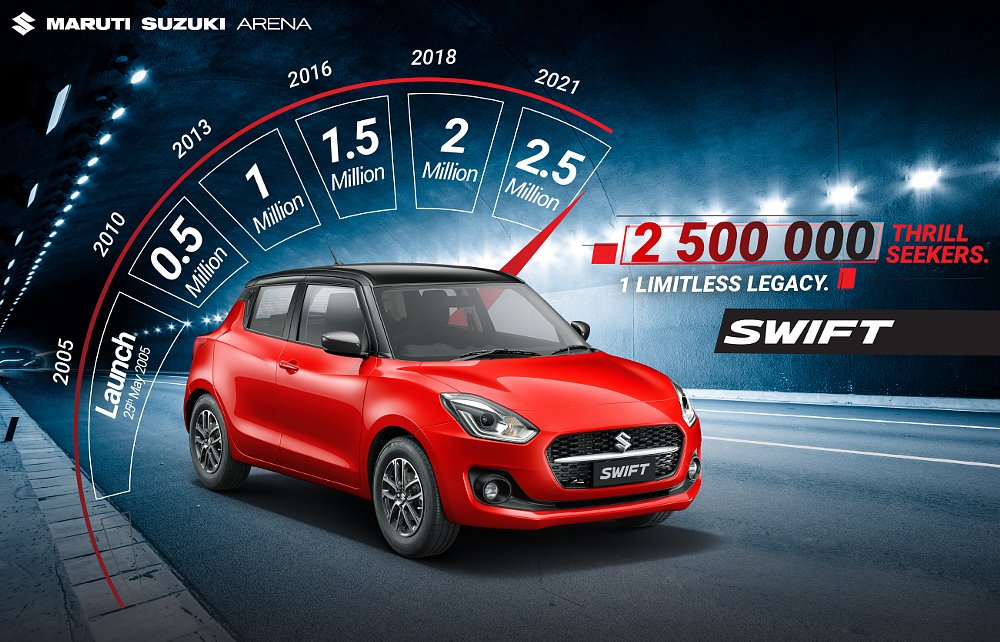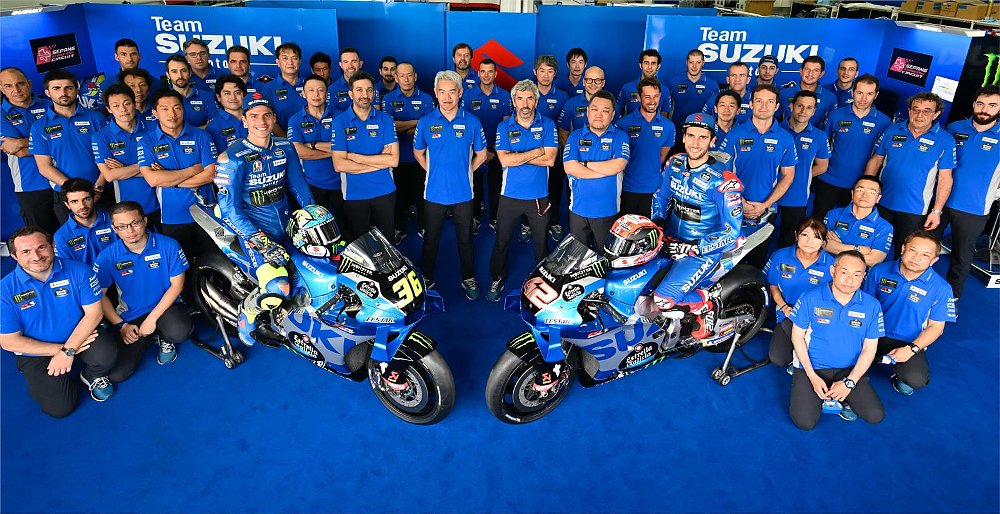When I wrote recently about Suzuki's decision to withdraw from MotoGP at the end of this season, despite the brand's success in the series, it spurred a broader discussion among some readers about the company's trajectory. Suzuki in 2022 may not be the company you think it is.
If you're my age, you remember when Suzuki was one of "the big four" Japanese manufacturers who changed the motorcycle landscape in the United States and around the world. The Japanese companies put the once mighty British motorcycle industry out of business and almost did the same to Harley-Davidson. They provided motorcycles that were more affordable, more accessible, and more reliable just at the time the Baby Boom generation was coming of age and vastly expanded the motorcycle industry in the United States. Then they upped the ante in performance, too.
The landscape is very different today, however. If you're wondering why Suzuki might no longer feel the need to spend millions of dollars a year to have a presence in MotoGP, it helps to look at the company as it stands today.
Micro-cars, outboard motors and some motorcycles
Although Suzuki stopped selling cars in the U.S. market more than a decade ago, it's mainly a car company today, not a motorcycle company. Worldwide, Suzuki's revenue from car sales is 12.6 times its revenue from motorcycles and ATVs combined, based on its latest financial report covering the first three quarters of fiscal year 2021. Many of those were micro-cars, hybrids, and even CNG-powered four-wheelers for markets where small size and fuel efficiency are selling points. The biggest market for Suzuki cars is India, where the company bought the formerly government-owned car maker. Suzuki's revenue from car sales in India is more than twice what it sells in any other country in the world.

Suzuki still sells a lot of motorcycles. Projections call for global sales of 1.6 million units in 2021, but those are mostly small, inexpensive bikes in India and other Asian markets. The company expects to sell 2.7 million cars at significantly higher selling prices. You can argue whether winning in MotoGP helps sell 125 cc motorcycles in Asia, but it's hard to imagine it helps sell CNG-powered micro-cars.
The U.S. perspective also tends to skew our view of Suzuki. The common comment we see from readers is that Suzuki isn't coming out with new models but is just recycling the same product with a few tweaks. I'd argue that the results of that process can still yield a really good motorcycle — see my review of the GSX-S1000GT+ — but it's true that the Suzuki lineup has been stagnant.
Again, when seen from a global view, not a national perspective, that reluctance to invest in new models isn't as surprising. The United States is just not that important to Suzuki. North America (United States and Canada) accounts for 11.5 percent of global Suzuki motorcycle and ATV sales in yen terms, and just two percent in unit sales.
In fact, U.S. boaters may be more familiar with Suzuki than motorcyclists. Suzuki's marine division sold significantly more outboard motors than it did motorcycles in North America. In every other region of the world, motorcycle sales were much larger than marine sales.

You can argue about the chicken and the egg — whether Suzuki's lineup is stagnant because lower U.S. sales don't justify investment or whether lack of investment in fresh models led to lower sales. But either way, Suzuki is no longer part of a "big four." It's hard to make a direct comparison due to the different product mixes, but it's clear from financial reports that KTM — once a niche brand in the U.S. market — now easily sells more motorcycles than Suzuki in the United States.
There's one final bit of information that suggests how unimportant Suzuki may consider MotoGP. A full week has now passed since the team was informed of the plan to leave and the company has still not bothered to issue an official statement confirming, denying, or explaining the decision. In any case, a million Suzuki drivers in India probably don't care.








